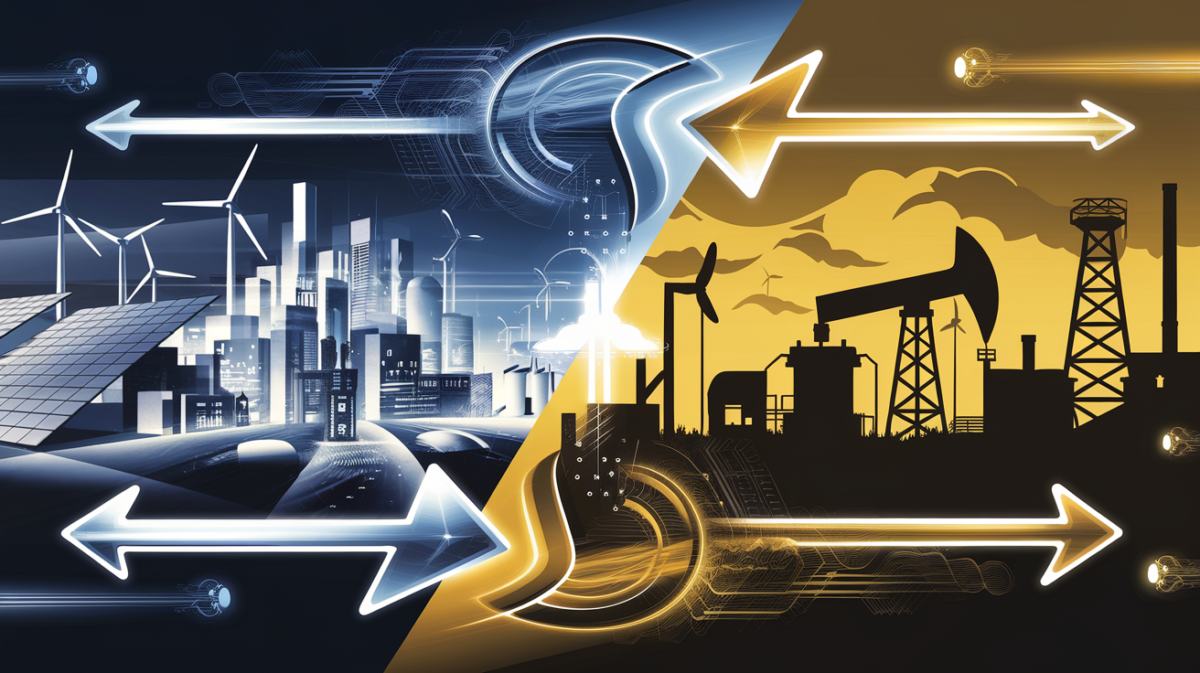The Controversial Bill and Its Far-Reaching Implications
President Donald Trump’s proposed “One Big Beautiful Bill,” a sweeping tax and spending package, has ignited fierce debate over its potential consequences for the U.S. energy sector and the nation’s competitiveness in artificial intelligence (AI). Critics warn that the legislation could worsen America’s energy crisis while stifling innovation in AI, a field where the U.S. currently holds a global lead.
Renewable Energy Takes a Hit
The bill includes drastic cuts to federal incentives for renewable energy, particularly targeting wind and solar projects. Key tax credits, which have long supported the growth of clean energy, are set to be phased out. The Solar Energy Industries Association (SEIA) predicts dire outcomes:
- Nearly 300 solar and battery storage factories could be canceled.
- Approximately 145,000 gigawatt-hours of clean electricity may be lost by 2030—equivalent to Pennsylvania’s annual energy consumption.
Additionally, the bill imposes steep taxes on wind (50%) and solar (30%) projects completed after December 2027 if they cannot prove their components are free of Chinese materials. This move could further discourage investment in renewable energy infrastructure.
Energy Shortages and Rising Costs
The reduction in renewable energy investments coincides with surging electricity demand, driven by the expansion of data centers and AI technologies. Analysts fear the bill could lead to:
- Higher electricity prices for consumers and businesses.
- Decreased grid reliability, risking blackouts in high-demand areas.
Experts estimate that eliminating clean energy tax credits could inflate the cost of future renewable projects by up to 50%, exacerbating financial strain on utilities and end-users alike.
AI Industry at Risk
The energy crunch could have ripple effects on the AI sector, which relies heavily on stable and affordable power. Elon Musk, CEO of Tesla and SpaceX, has lambasted the bill, calling it a “disgusting abomination” that threatens AI development. His concerns center on:
- Increased energy costs straining AI infrastructure.
- Reduced investment in clean energy, which is critical for sustainable AI growth.
Without reliable energy, the U.S. risks falling behind in the global AI race, particularly against China, which is aggressively investing in both AI and renewable energy.
Legislative Pushback and Revisions
The bill has faced significant opposition from lawmakers and advocacy groups. Key developments include:
- Senator Chuck Schumer has warned of job losses in clean energy sectors, particularly in states like New York, where renewable projects are a major employer.
- A contentious provision to ban state-level AI regulation for a decade was scrapped after backlash from Republican governors and conservative groups, who viewed it as overly favorable to Big Tech.
Despite these revisions, the bill’s core energy policies remain intact, leaving critics concerned about its long-term impact.
Comparing the Bill’s Impact: Renewable vs. Fossil Fuels
| Aspect | Renewable Energy | Fossil Fuels |
|---|---|---|
| Tax Credits | Phased out | Expanded |
| Project Costs | Estimated 50% increase | Subsidized |
| Job Creation | Potential losses | Potential gains |
Conclusion: A High-Stakes Balancing Act
The “One Big Beautiful Bill” represents a pivotal shift in U.S. energy policy, prioritizing fossil fuels over renewables. While supporters argue it will bolster domestic energy production, opponents fear it could trigger higher costs, job losses, and a weakened position in the AI race. As the debate rages on, the bill’s final form—and its consequences—remain uncertain.







